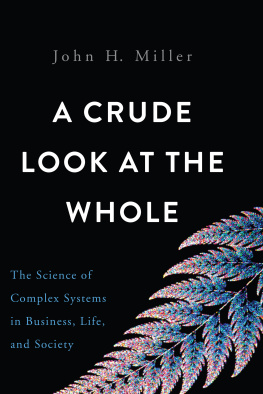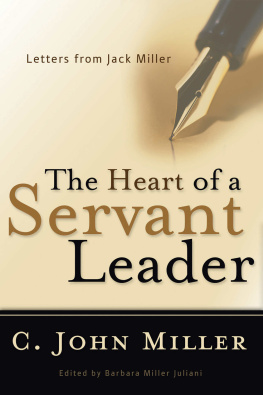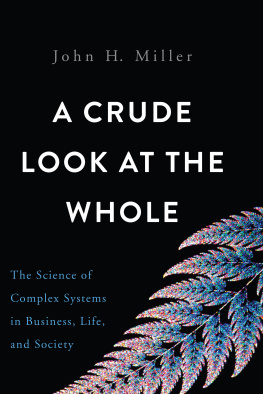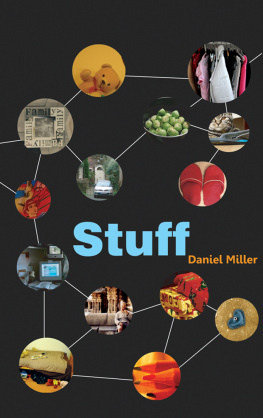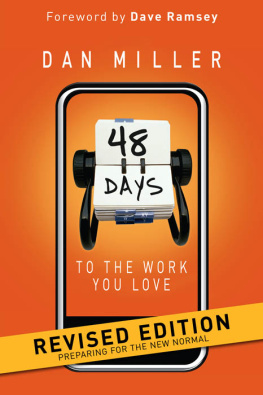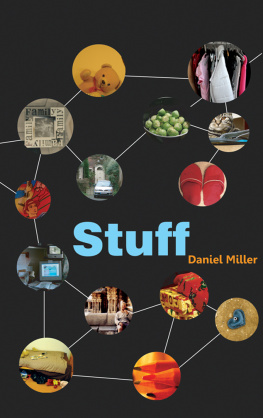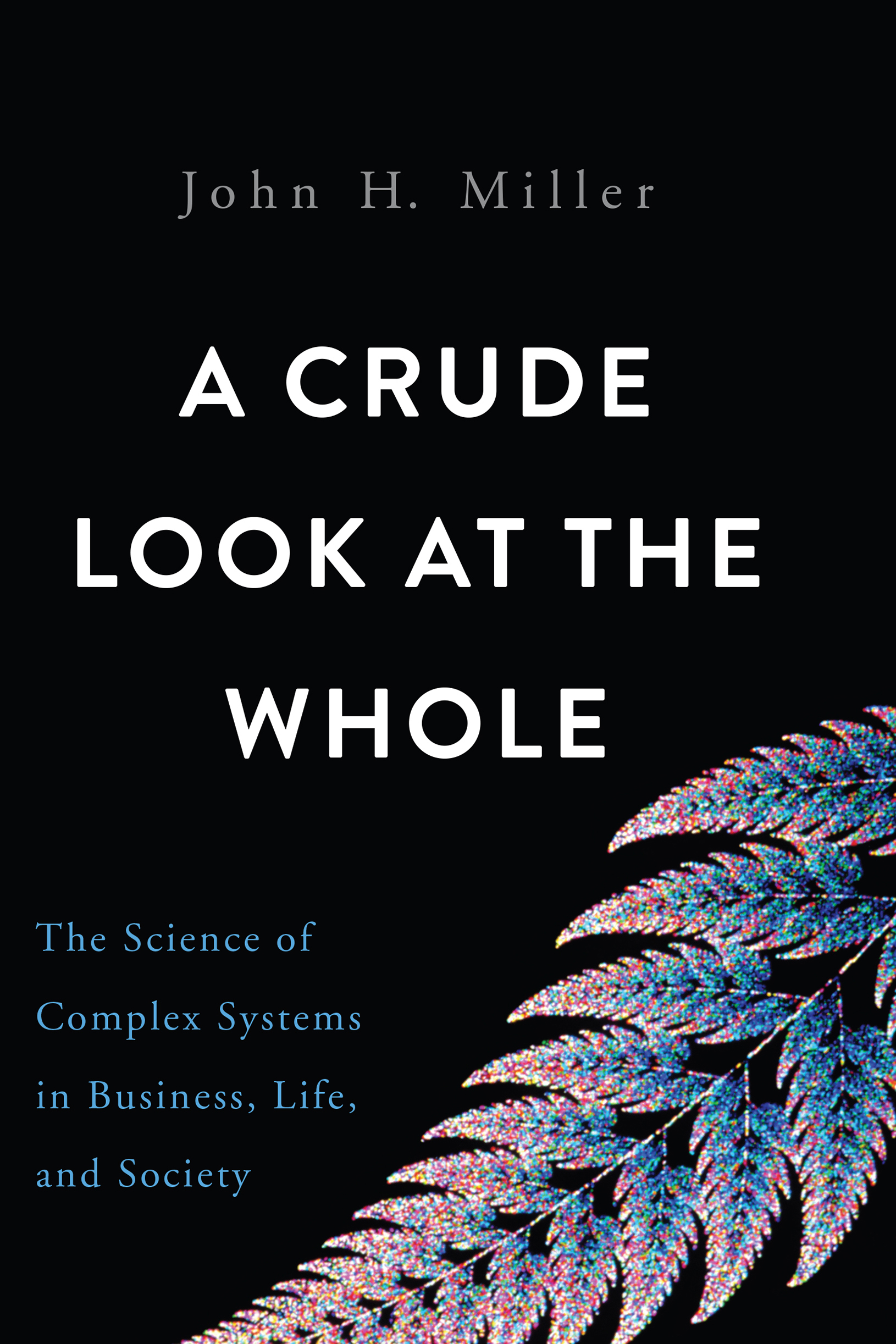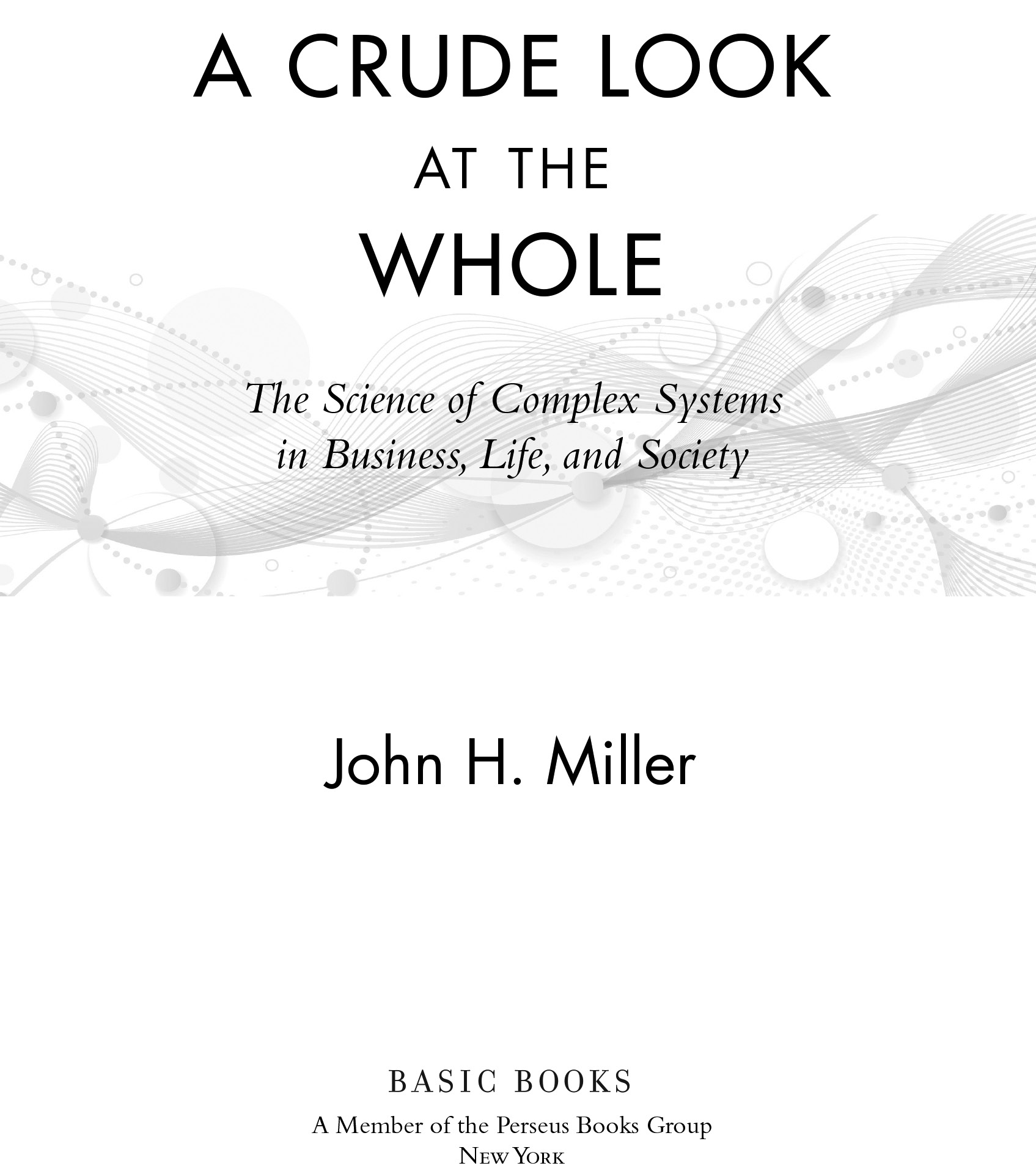A Crude Look
at the
Whole
Also by John H. Miller
Complex Adaptive Systems
Copyright 2015 by John H. Miller
Published by Basic Books,
A Member of the Perseus Books Group
All rights reserved. Printed in the United States of America.
No part of this book may be reproduced in any manner whatsoever without
written permission except in the case of brief quotations embodied in
critical articles and reviews. For information, contact
Basic Books, 250 West 57th Street, New York
Books published by Basic Books are available at special discounts
for bulk purchases in the United States by corporations, institutions,
and other organizations. For more information, please contact the
Special Markets Department at the Perseus Books Group, 2300 Chestnut
Street, Suite 200, Philadelphia, PA 19103, or call (800) 810-4145,
ext. 5000, or e-mail special.markets@perseusbooks.co
Designed by Linda Mark
Library of Congress Cataloging-in-Publication Data
Miller, John H. (John Howard), 1959
A crude look at the whole : the science of complex systems
in business, life, and society / John H. Miller.
pages cm
Includes bibliographical references and index.
ISBN 978-0-465-07386-3 (e-book)
1. System analysis. 2. System design. 3. Information modeling.
4. Coupled problems (Complex systems) I. Title.
QA402.M495 2015
003dc23
2015027692
10 9 8 7 6 5 4 3 2 1
To my parents
Contents
A CAPTCHA Challenge
A Pattern from Rule 30
A Sea-Snail Shell Pattern
A Pattern from Rule 22
Supply and Demand in a Simple Market
Prices Arising in Some Experimental Markets
Major US Market Indices on May 6, 2010
The Price and Volume of E-mini Contracts on May 6, 2010
Honeybee Workers Cooling a Hive
A One-Dimensional Search Problem
Search Using Simulated Annealing
Chemotaxis Search in a Simulated Bacterium
Irrationality Induced by Irrelevant Alternatives
A Swarm of Honeybees
Swarm Dances over Time
Likelihood of a Quorum Forming for the Best Choice
Risk Aversion in Decentralized Decision Making
A Circular Mill of Ants
The Community of Lakeland
The Dynamics of Lakeland
A Small World Network
The Schelling Segregation Model
Metabolic Scaling
Deaths in Warfare, 18201945
Balinese Rice Terraces
Offerings to the Goddess of the Lake, Bali
A Simple Two-State Automaton
Self-Organized Criticality in a Sand Pile
A MCMC Frog
The great stillness in these landscapes that once made me restless seeps into me day by day, and with it the unreasonable feeling that I have found what I was searching for without ever having discovered what it was.
Peter Matthiessen , The Tree Where Man Was Born
O ver the past two decades Ive had the great pleasure of participating in a wonderful scientific endeavor. Whether this quest is on the fringe or the frontier of science may well depend on where you stand and the direction in which you are looking. When I started down this path, I took to heart Thomas Pynchons edict that we have to look for routes of power our teachers never imagined, or were encouraged to avoid, and I embraced a new style of modeling that used the ever-growing power of computation on problems that heretofore had been too complex to analyze. My goal was to focus on the big problems that had motivated me to pursue science in the first place, notwithstanding the constant pressure in graduate school and beyond to redirect such inquiries down a narrow path prescribed by the prevailing paradigm.
In 1988 I was fortunate to join a small group of like-minded thinkers hiding out in the high deserts of New Mexico. From such modest beginnings a new wave of complex-systems thinking emerged. Given the heavy investment of most academic institutions and scientists in traditional paradigms and fields, this new work was easily dismissed at first. This dismissal turned out to be rather fortunate, as it allowed an ever-growing group of creative and talented scientistseach of whom for one reason or another felt the need to think differentlyto escape the bounds dictated by the academic establishment and to create new forms of scientific inquiry and institutions better suited to taking on the important problems in the world. Our group formulated problems around core ideas, such as adaptation and robustness, rather than traditional academic fields. We embraced a new set of tools made possible by the information age and developed new methods to move beyond the nineteenth-century toolbox used by most scientists. We created new forms of academic institutions, such as the Santa Fe Institute, that embodied the revolutionary mind-set that was fermenting, allowing the easy interchange of ideas, examples, and tools across formerly isolated academic fields. The act was outrageous enough that the traditional academic powers ignored our activities, giving us the needed time to refine our ideas and methods so that we could start to seriously challenge the prevailing norms.
In the intervening years, the field of complex systems has had time to coalesce. Complex systems has always been a field that transcends the usual academic boundaries. Yet, across this vast array of science, a small set of key ideas has emerged, and it is these ideas that will be the focus of this book. My own interests center around complex social systemsthat is, systems composed of interacting, thoughtful (but perhaps not brilliant) agentsand most of the examples presented here will be drawn from this domain.
Since the field of complex systems is rapidly evolving, this book is about both the known and the possible. Thus, some of the work discussed here is well grounded in long-standing research efforts, while other parts are of a more speculative nature. My hope is that the combination will convey the excitement of the ongoing quest while also establishing the future prospects for the complex-systems point of view. Of course, any such excursion will, by necessity, be a selective swath through a large field of existing ideas.
Some of the research discussed in this book is the result of past or ongoing collaborations with Simon DeDeo, Russell Golman, Steve Lansing, Scotte Page, Tom Seeley, Michele Tumminello, and Ralph Zinner. Discussions with Walter Fontana, Van Savage, and Geoffrey West have also been instrumental in refining some of the material. Moreover, the various threads of thought weaving their way throughout this work have benefited from discussions with, and encouragement from, Phil Anderson, Ken Arrow, Brian Arthur, Bob Axelrod, Ted Bergstrom, Ken Boulding, Jim Crutchfield, Robyn Dawes, Doyne Farmer, Paul Fischbeck, Murray Gell-Mann, John Holland, Erica Jen, Stu Kauffman, Steven Klepper, Blake LeBaron, George Loewenstein, Cormac McCarthy, Norman Packard, Richard Palmer, John Rust, Cosma Shalizi, Carl Simon, Herb Simon, Peter Stadler, and Hal Varian. Robert Hanneman, Steve Lansing, Baldomero Olivera, Jacob Peters, Tom Seeley, and Geoff West were all kind enough to provide some of their research materials to generate some of the figures. Laurence Gonzales undertook a careful reading of the manuscript, as did my editor, T. J. Kelleher, and Im grateful to both of them for their suggestions. During the final stages of the book, Sue Warga and Melissa Veronesi provided key contributions. Finally, thanks to my agent, Jim Levine, for championing this project.

